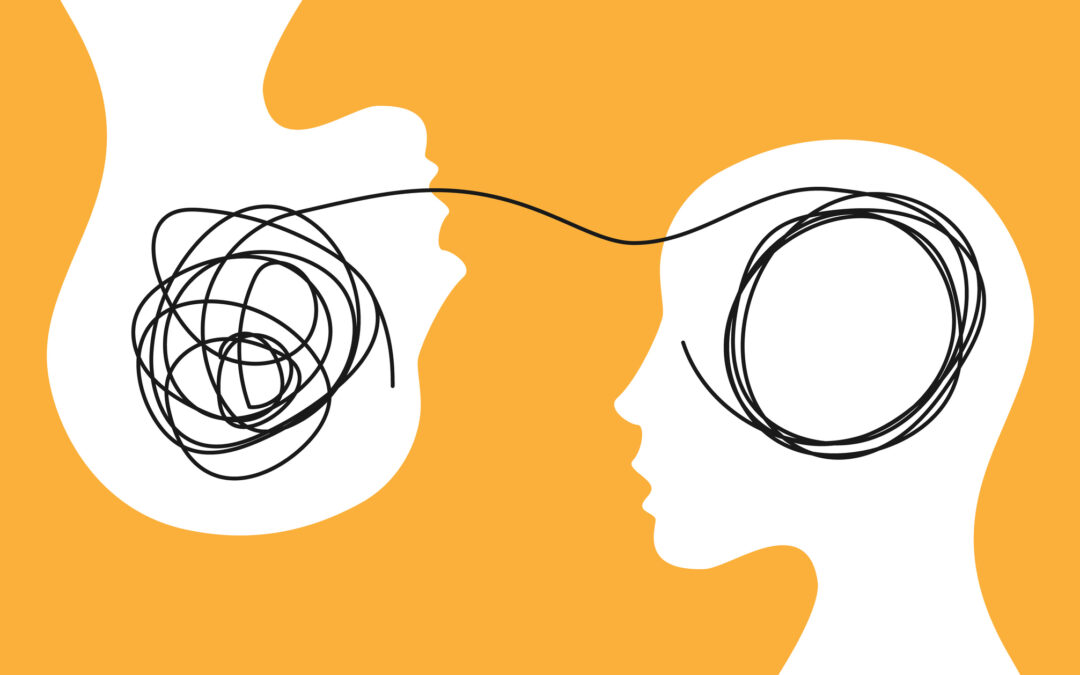Are you feeling weighed down by unresolved trauma? Do you wish there was a quicker way to find relief and start healing? We have exciting news! Star Meadow Counseling is now offering EMDR Intensives, a new and powerful way to process trauma. These extended therapy...

Introducing EMDR Intensives
Are you feeling weighed down by unresolved trauma? Do you wish there was a quicker way to find relief and start healing? We have exciting news! Star Meadow Counseling is now offering EMDR Intensives, a new and powerful way to process trauma. These extended therapy sessions can help you achieve deeper healing in less time.
What Are EMDR Intensive Services?
So, what exactly are EMDR Intensives? EMDR stands for Eye Movement Desensitization and Reprocessing. In simple terms, it’s a therapy designed to help you process and resolve traumatic memories. Unlike regular therapy sessions that last around 50-60 minutes, our EMDR Intensives run for 2-6 hours. This gives us the time and space to dive deep and tackle those tough memories head-on.
Why Choose an EMDR Intensive Approach?
If you’ve been feeling stuck or like traditional therapy isn’t moving fast enough, EMDR Intensives might be just what you need. These sessions provide a concentrated and uninterrupted environment, allowing you to work through trauma more quickly. Imagine being able to address multiple traumatic memories in just one session. It’s like hitting the fast-forward button on your healing process.
Affordable Healing
We know that cost is a big concern when it comes to therapy. The good news is, the first hour of your EMDR Intensive is covered by insurance. After that, each additional hour is just $180.
Is an EMDR Intensive Right for You?
Wondering if EMDR Intensives are a good fit for you? If you’re dealing with unresolved trauma, complex trauma, or neglect trauma, and you’re looking for a faster path to recovery, this might be the perfect solution. Our EMDR intensive specialist, Heather Merrill, will be with you every step of the way, providing personalized and compassionate care.
Take the First Step Today
Ready to find out if EMDR Intensives are right for you? We offer a free 10-15 minute consultation call to discuss your needs and determine the best path forward. It’s a great way to get your questions answered and see if this approach feels right for you.
Don’t let trauma hold you back any longer. Reach out to us today and start your journey to healing with EMDR Intensives. Your path to a better, brighter future is just a call away.

Introducing EMDR Intensives

Healing from Narcissistic or Emotional Abuse: A Journey to Rediscovery and Resilience
Abuse, whether labeled as narcissistic or emotional, can leave deep, lasting scars on your self-esteem, sense of self-worth, and overall mental well-being. Many people who have experienced this may feel lost, confused, and question their own reality. If you are...

The Power of Community in Trauma Survivorship
Consistent across human history has been the importance of community. Safety in numbers against a predator, the sharing of resources, or simply holding space for one another are all integral to our survival. Yet, largely, our individualistic culture places emphasis on...

From Pain to Power: The Narrative Trauma Therapy Experience
In the journey of healing from trauma, the power of storytelling is often underestimated. Yet, within the realm of mental health counseling, narrative trauma therapy stands as a profound method for fostering healing and resilience. By harnessing the narrative of one's...

A Guide For Talking to Children About Remote Violence
Children today are confronted with a baseline awareness of violence higher than most adults can imagine. “Remote violence” refers to exposure to highly violent images and stories, without experiencing the violence first-hand. In essence, this is the increasing...




